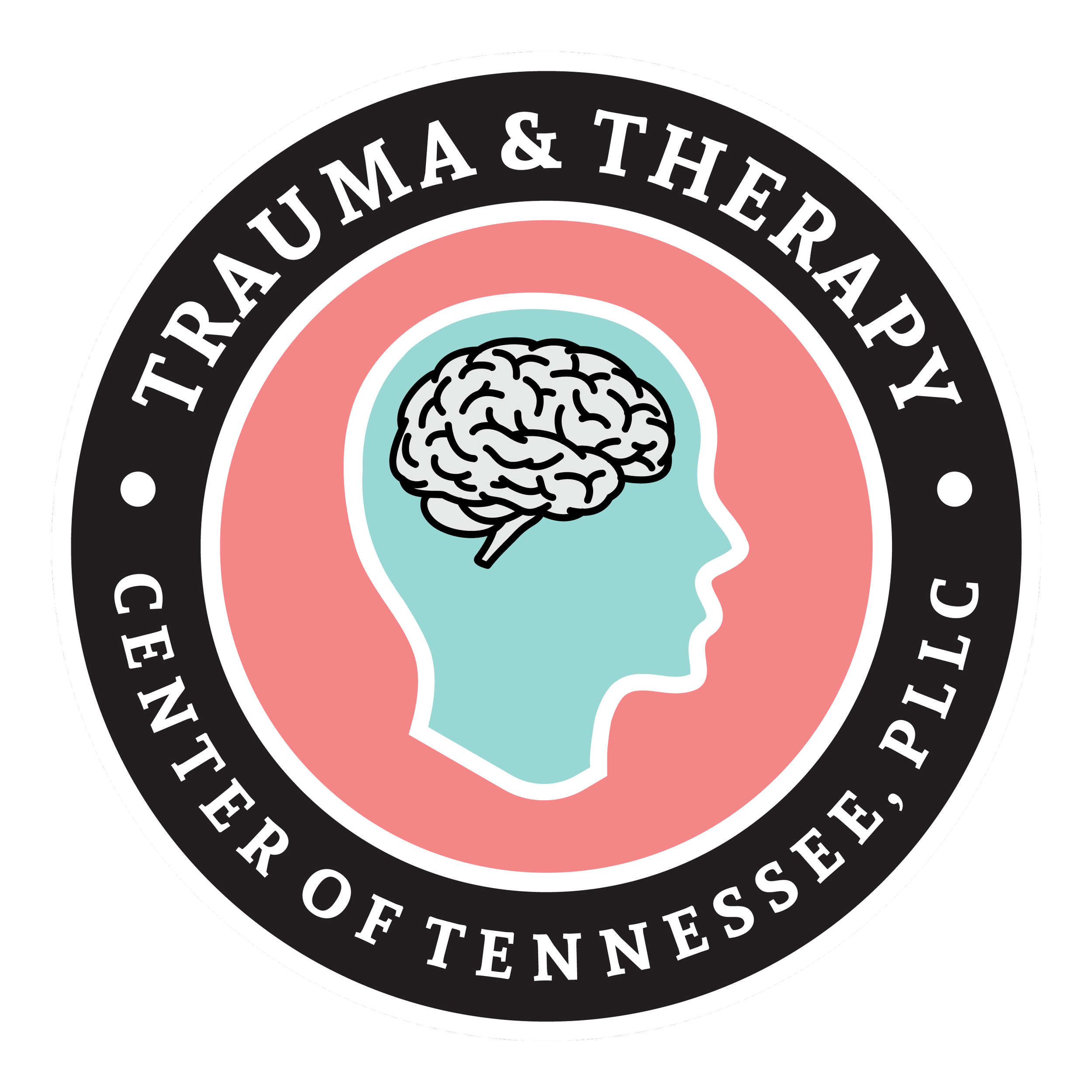Helping Teens Heal, Feel, and Find Their Way
Growing up is hard… Let’s help them feel seen, not shamed.
“Adolescents aren’t monsters. They are just people trying to learn how to make it among the adults in the world, who are probably not so sure themselves.”
At Trauma and Therapy Center of Tennessee, we understand that teens today are carrying more than just school stress. They’re navigating identity shifts, social pressure, body image concerns, breakups, trauma, and emotional overwhelm—often without the language to explain it. Our teen counseling services are designed to meet them exactly where they are, offering boutique, trauma-informed care that prioritizes trust, safety, and self-expression.
Whether your teen is struggling with anxiety, anger, self-harm, disconnection, or big emotions they can’t name, our team is here to help them feel seen without shame. Every therapist at TTCT is trained to work with the emotional brain—not just behavior—helping teens process what’s underneath the pain.
Therapy That Honors the Complexity of the Teen Years
We don’t believe in “fixing” teens. We don’t believe they are problems to be solved. We believe they are people to be seen and understood. We believe in walking with them through the messy middle of growth. Our approach is collaborative, holistic, and creative—using talk therapy, experiential techniques, and body-based strategies to support emotional regulation, identity development, and self-trust.
This isn’t one-size-fits-all therapy. It’s high-end, customized care rooted in the understanding that every teen has a story—and that behavior is communication. Our work centers on connection, not control.
When Emotions Run Deep, We Help Teens Stay Afloat
Some teens talk. Some shut down. Some use art, music, or silence. However your teen shows up, we’re ready to meet them there. Our therapists are trained to create emotionally safe spaces where teens can open up at their own pace.
Learn More About Our Teen Counselors:
We help teens:
Understand their emotions without fear
Cope with anxiety, trauma, and peer conflict
Rebuild trust in relationships (including with parents)
Strengthen their sense of identity, boundaries, and worth







